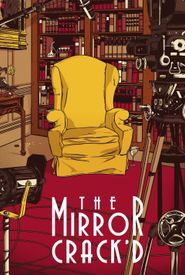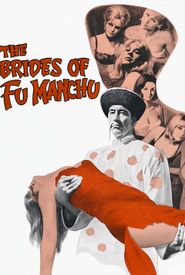Kenneth Fortescue, a pupil at the esteemed Dulwich College in London, left the institution in 1949 to pursue his passion for the performing arts at the Royal Academy of Dramatic Arts. During his time at the academy, he won the prestigious BBC Special Prize, granting him the opportunity to act in radio plays.
Upon graduation, Fortescue made his stage debut in a production of "The Tempest" at the historic Mermaid Theatre, directed by the renowned actor Bernard Miles. He went on to appear in repertory companies throughout England, and made his film debut as the youngest son in the remake of "The Barretts of Wimpole Street".
In the late 1950s and early 1960s, Fortescue appeared in several light comedy films, often playing the role of the "silly-ass" young British twit. Although he was somewhat overshadowed by the more established Ian Carmichael, who had made these roles his own, Fortescue continued to work in the industry, albeit in character parts and cameos.
As the demand for rougher, more down-to-earth leading men in British cinema grew in the 1960s, Fortescue found himself relegated to playing junior officers and petty officials. However, he did have a notable role as the effete, discarded boyfriend Cecil in a 1970s television adaptation of "A Room With A View".
Ironically, Fortescue's final screen role before his early death was as a cast member in the film-within-a-film "The Mirror Crack'd", a throwback to the British cinema of the 1950s when he began his career.





























